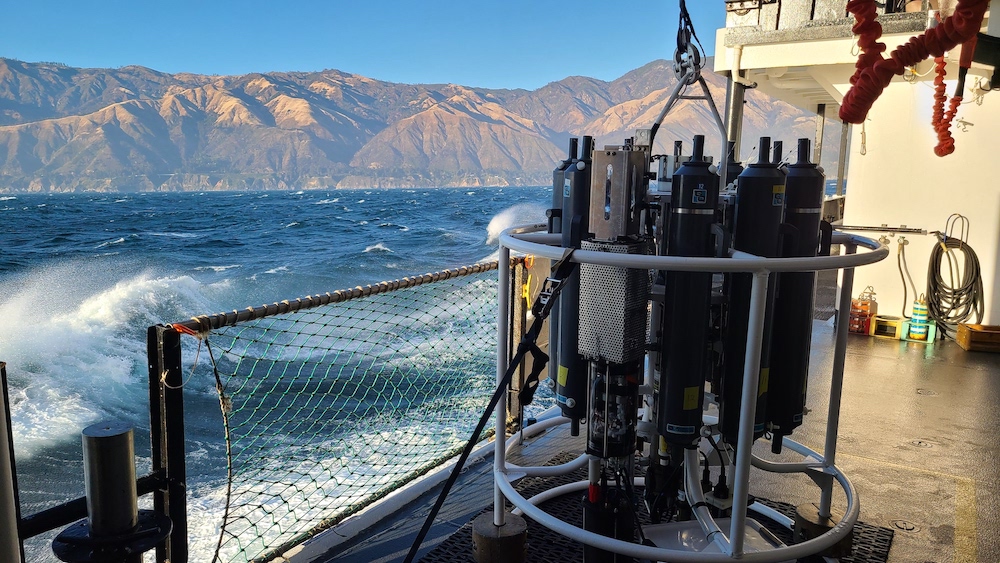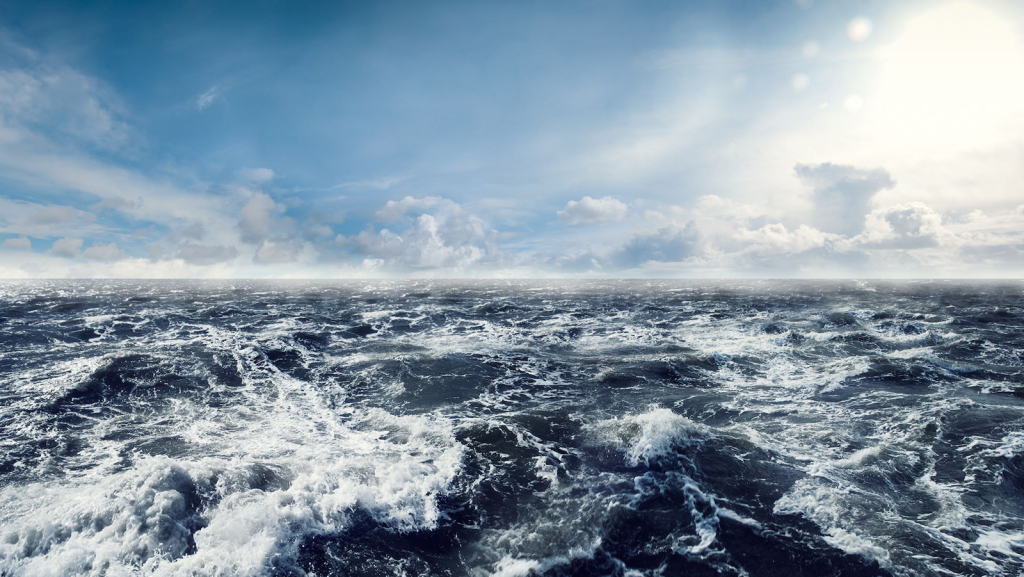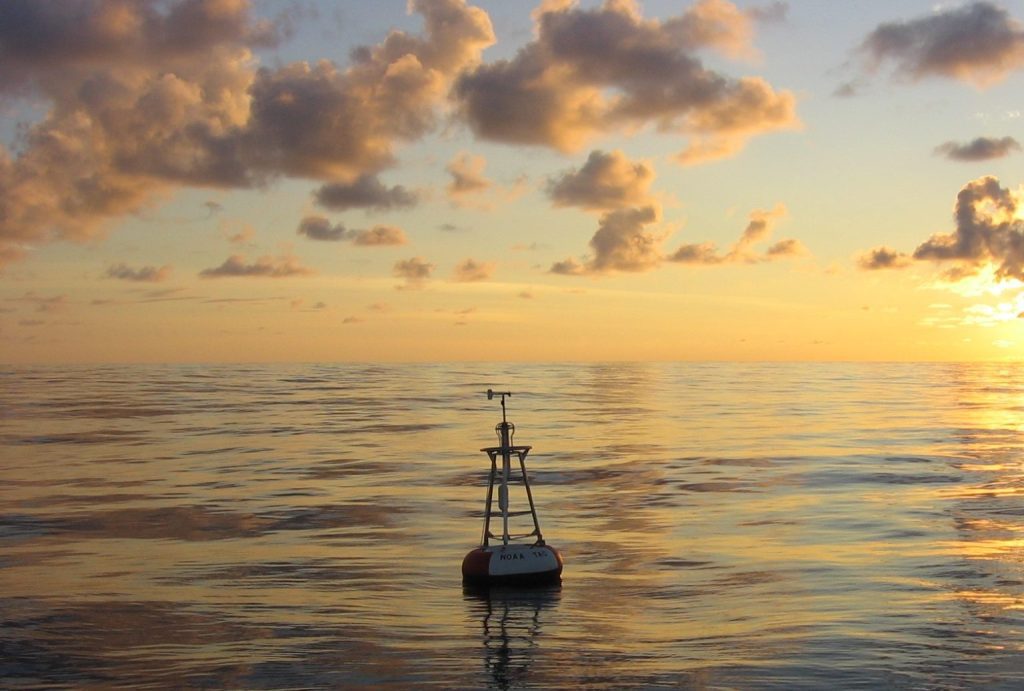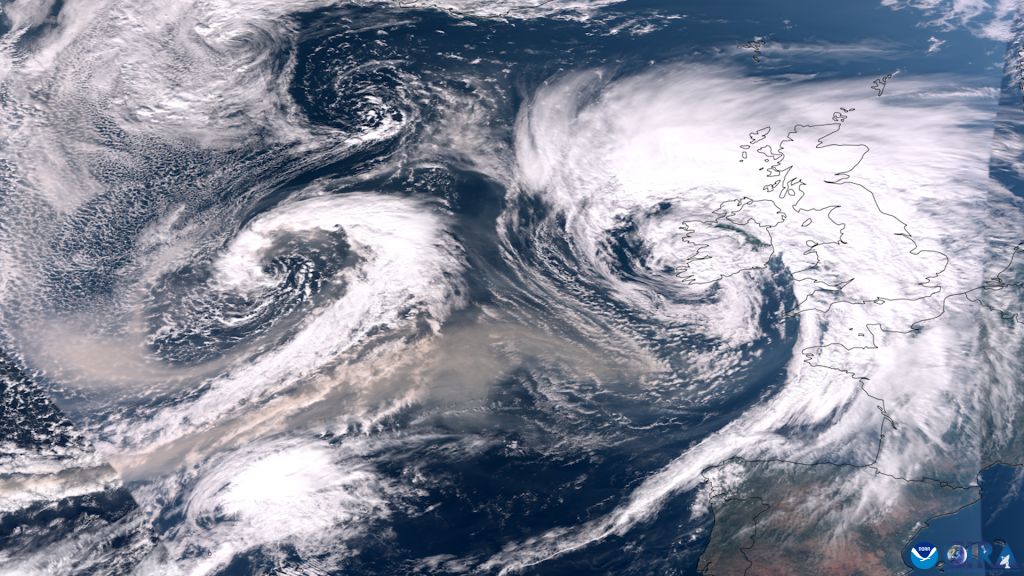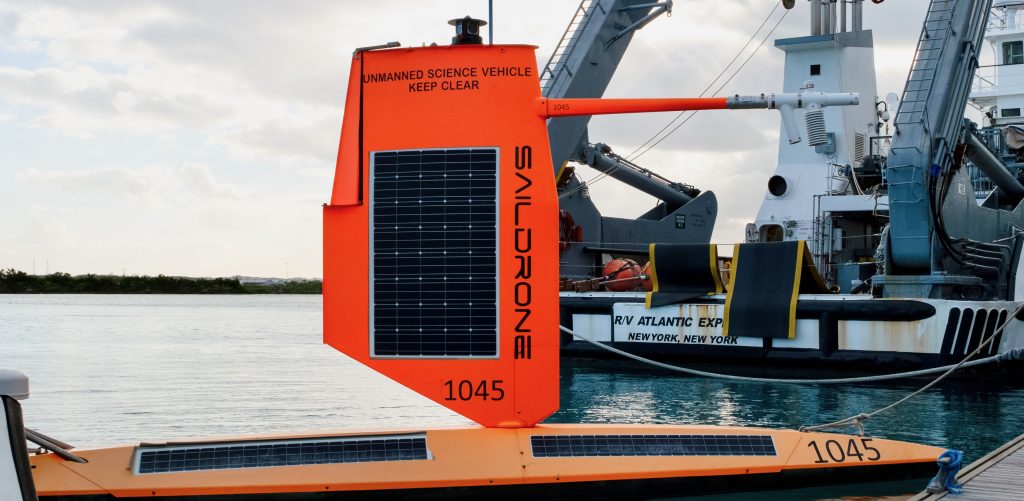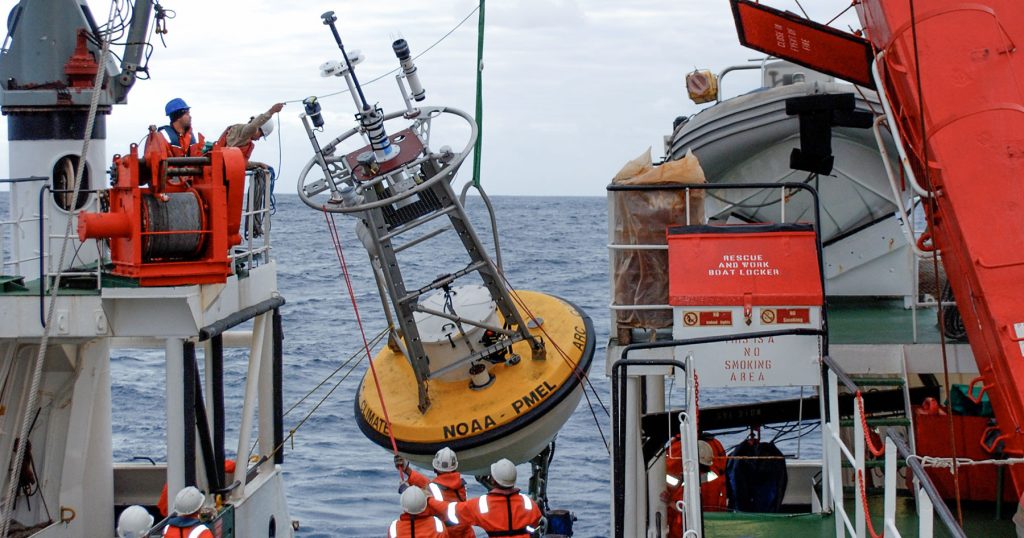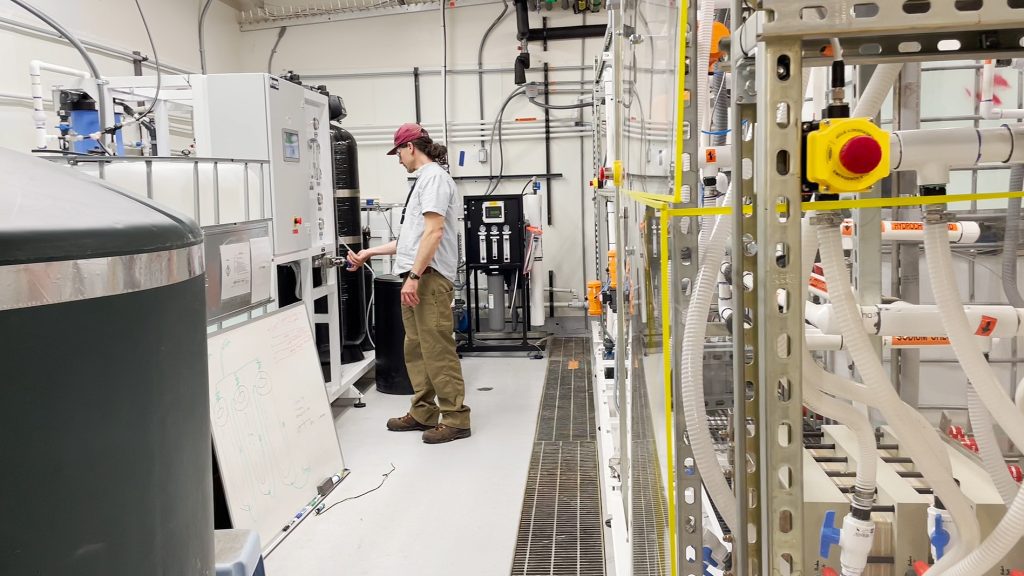White House strategy to capitalize on the immense power of eDNA is unveiled
Emerging technology will allow scientists to better understand abundance and diversity of aquatic species The United States’s aquatic resources are a national treasure, a system […]
White House strategy to capitalize on the immense power of eDNA is unveiled Read More >
